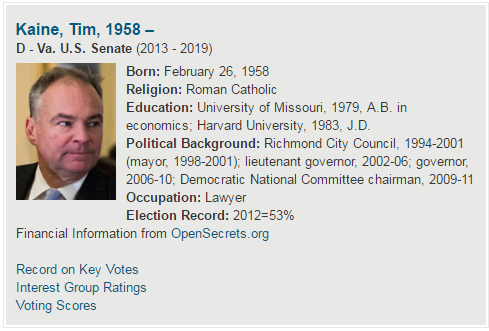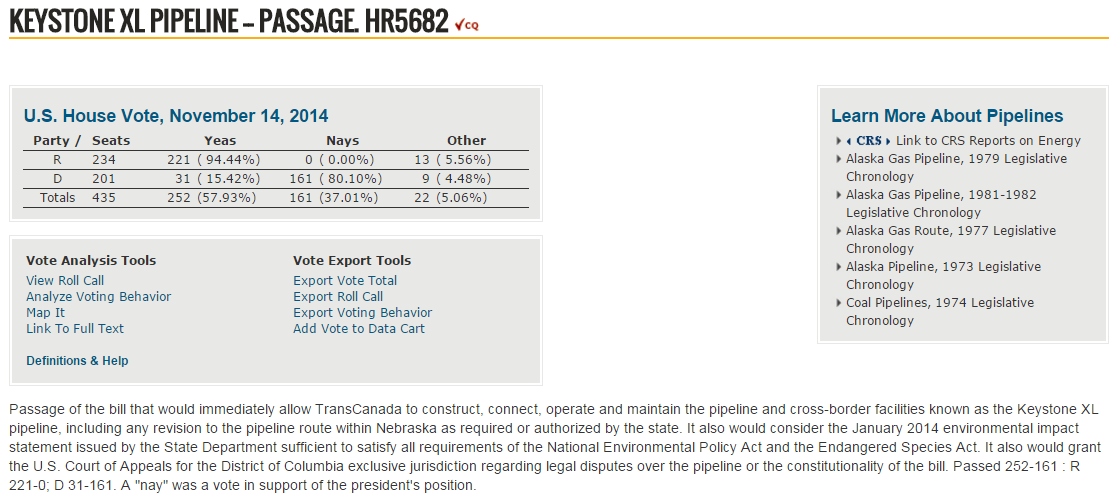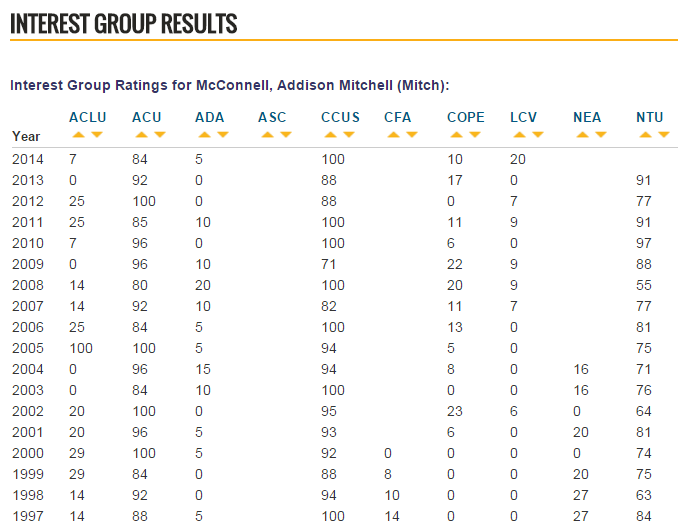Answers to all your election questions
CQ Press Library resources can help answer the multitude of research questions that arise during an election year. Below you'll find popular research questions about current political topics and the resources with all the answers.
|
|
|---|
|
 Which primary races in history are most similar to this election?What can we learn from studying historic primaries and general elections? How are the 1964 primaries (shown here) similar to the ones that we are seeing in 2016? |
|
|
|
|---|
 What does the Supreme Court have to do with the presidential election?During this election, the recent death of Justice Antonin Scalia has touched off a debate about whether a president in his last year in office can nominate a successor to the Supreme Court. Read about this in the document ‘Lame-Duck’ Nominations to the Supreme Court found in the CQ Press Supreme Court Collection. The Supreme Court Collection was redesigned with an exciting new look and updated features in fall 2016. |
|
|
|---|
 I would like to learn more about my Senator.The CQ Press Congress Collection provides a narrative biography for each member of the House and the Senate. Explore how your Senator has evolved in his or her private and public career and learn about the issues they have championed. The biography of Bernie Sanders can be found on this page. Additional information on each biography page includes |
|
 How do special interest groups impact the legislative process?Annually, many interest groups rate members of the House and Senate on how well each member's voting record jibes with each group's principles or legislative aims. Organizations like American Civil Liberties Union (ACLU), American Conservative Union (ACU), Americans for Democratic Action (ADA), and the American Security Council (ASC) provide these scores at least in part to provide constituents and other groups with an easy-to-read barometer of a member's ideological leaning or policy preference, and perhaps have an indirect say in elections and legislation. CQ Press Congress Collection provides these interest group ratings and more for all members of the House and the Senate. The following is an example of the downloadable interest group ratings for Sen. Mitch McConnell. Similarly, Congress Collection databases CQ Roll Call’s “voting scores” for each member of Congress going back decades. Learn more about how aligned members are to the president and their party and how often they vote. |
Use the Bedfellows Widget to compare the candidates' voting records. |
|
|
It is said that TRY IT NOW! How closely aligned are
See the votes and find out who aligns with whom in the CQ Press Congress Collection. To embed this widget in your LibGuide, use the following embed code: <iframe src="http://widgets.cqpress.com/bedfellows/bedfellows.aspx" width="302" height="442"></iframe> |
|
|
|
|---|
|
 How has campaign finance affected election outcomes?In the following table, compare how much campaign money was spent by each house district in 2010 to those districts' median ages according to the decennial census. What insights can you draw from analyzing this data? Is more money spent in districts with older or younger voters? |
 How do candidates finance their campaigns?U.S. Political Stats allows users to download and visualize political data covering all three branches of the United States government. Data includes presidential performance indicators like vetoes and major speeches, Supreme Court decisions, economic data as well as elections results. You can also analyze how each candidate financed his or her campaign. The table here shows the distribution of campaign finances for Barack Obama’s 2012 campaign. |
|
|
|---|
 What are some hot election topics?CQ Researcher offers award-winning, in-depth coverage of the most important issues of the day. The CQ Researcher Archive adds valuable historical perspective and insight by offering accessing to more than 3,700 in-depth reports—dating back to 1923. Read the recent report on Immigrant Detention which is a topic of many televised political debates. In this historic report, CQ Researcher Archive explores Extremist Movements in Race and Politics including the 1924 and 1964 Elections. |
Launched into beta this past January, the SAGE Video Politics and International Relations Collection is comprised of over 140 hours of video content.
Browse the platform and sign up for a free trial at www.sk.sagepub.com/video . For more information on this collection see our product pages.
 How does gender play a role in voting behavior? | |
|
Dr. Rosie Campbell discusses the gender gap in voting behavior. She explains the theoretical models used in discussing this gap, what the gap has looked like over different times and places, and possible gender-specific motivations for the gap. |
|
|
Why is There a Gender Gap in Voting Behaviors in the USA & Not in the UK? |
Dr. Rosie Campbell presents a case study on the presence and absence of gender gaps in voting behavior in the United States and the United Kingdom. She identifies sociological, historical, and political differences between the two countries that may account for different voting behavior. |
|
Professor Tracy Osborn examines the way women make public policy in the U.S. Senate. Drawing on examples from the Affordable Care Act, the debate on sexual assault in the military, and the 2014 debt ceiling crisis, she identifies key themes in how women legislate. |
|
|
Professor Tracy Osborn explains the state of women in politics and identifies key trends in the election of women to political office. She discusses the push and pull factors that may bar women from becoming candidates. She also covers why it is important to elect women to political office. |
|
|
In American democracy, voters have a soft spot for outsiders but still expect them to have the political savvy of seasoned politicians. This documentary follows the campaign of Maggie Lauterer, a local TV celebrity, as she runs for Congress in her home state of North Carolina. Will her campaign staff be able to help her develop the political skills to win against an aggressive incumbent? |
|
 What are some differences between U.S. and state senators? |
|
|
Senator Mattie Hunter explains the differences between U.S. and state senators, and she describes what a day in the life of a state senator looks like. State senators represent constituents within a certain district in a state, while U.S. senators represent a whole state. A state senator works long days, listens to many people, and has to make sacrifices for the job. |
|
|
Professor Thad Kousser discusses state politics and how it relates to national politics. State politics is what affects most people every day through taxes and wages. Kousser highlights the differences among state governments, the power of state governments, and his own research in the field. |
|
|
Professor Frances Lee discusses the United States Congress and its role in government. The Congress is made up of elected representatives from geographic constituencies and is a bicameral body, consisting of the House of Representatives and the Senate. Lee discusses party conflicts, the legislative process, and her own work in the field. |
|
 What impact does the economy have on an election? |
|
|
Professor Lynn Vavreck explains that the state of the national economy is a reliable predictor of whether the incumbent or challenger will win a presidential election. She then highlights exceptions to this rule and demonstrates how challengers overcame their disadvantage. |
|
Here are some other videos that might be of interest as you study the current elections:
|
Professor Stephen Wayne discusses American presidency and the troubles American presidents face. The American constitution created a system of checks and balances, which limits power and can make it hard for the president to create change. During presidential campaigns, candidates make promises that they cannot enact without Congress and promise more than they could ever accomplish. |
|
|
Professor Ken Goldstein explains that elections center on the composition of the electorate and the loyalty of partisan groups. Campaigns focus on mobilizing voter turnout among groups likely to support their candidate, and on swaying the opinions of undecided but likely voters. |




